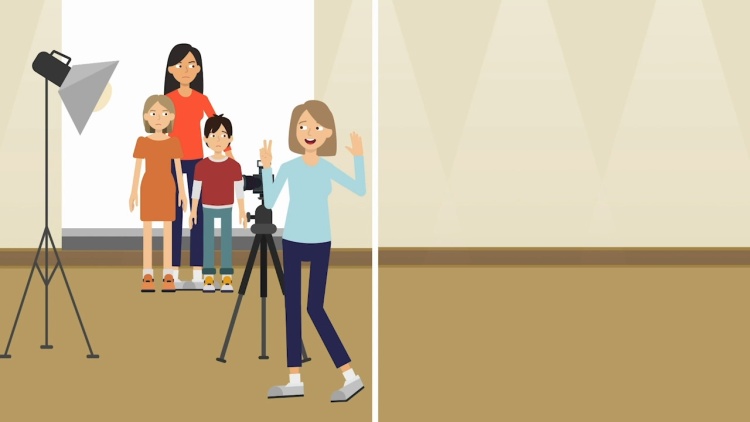EEOC v. The Picture People, Inc.
United States Court of Appeals for the Tenth Circuit
684 F.3d 981 (2012)
- Written by Nan Futrell, JD
Facts
In October 2007, Jessica Chrysler (plaintiff) was hired as a “performer” by photography studio The Picture People, Inc. (TPP) (defendant). Profoundly deaf since birth, Chrysler was hired despite being unable to speak or read lips. The performer job required four primary duties: customer intake, sales, portrait photography, and laboratory work. For most of the year, all performers needed to be able to perform all four job functions. Chrysler worked between 15 and 20 studio-portrait sessions, alongside a hearing performer, and tried working a few sessions on her own. Chrysler relied on written notes, gestures, and pantomime to communicate with customers. This was difficult, because portrait subjects were often young children, and portrait sessions were limited to 20-minute increments. Chrysler also used notes and gestures to make customer sales. After Chrysler’s district manager determined her communication methods were too impractical, Chrysler was reassigned exclusively to the photo lab. In December 2007, studio management reported poor job performance by Chrysler in the lab, unrelated to her disability. Chrysler was never scheduled to work after December 2007 and officially terminated in October 2008. Chrysler sued TPP under the Americans with Disabilities Act (ADA), 42 U.S.C. § 12101 et seq., alleging disability discrimination and retaliation. The district court granted summary judgment for TPP, concluding Chrysler failed to show she was qualified to perform an essential job function. Chrysler appealed.
Rule of Law
Issue
Holding and Reasoning (Kelly, J.)
Dissent (Holloway, J.)
What to do next…
Here's why 905,000 law students have relied on our case briefs:
- Written by law professors and practitioners, not other law students. 47,100 briefs, keyed to 995 casebooks. Top-notch customer support.
- The right amount of information, includes the facts, issues, rule of law, holding and reasoning, and any concurrences and dissents.
- Access in your classes, works on your mobile and tablet. Massive library of related video lessons and high quality multiple-choice questions.
- Easy to use, uniform format for every case brief. Written in plain English, not in legalese. Our briefs summarize and simplify; they don’t just repeat the court’s language.





